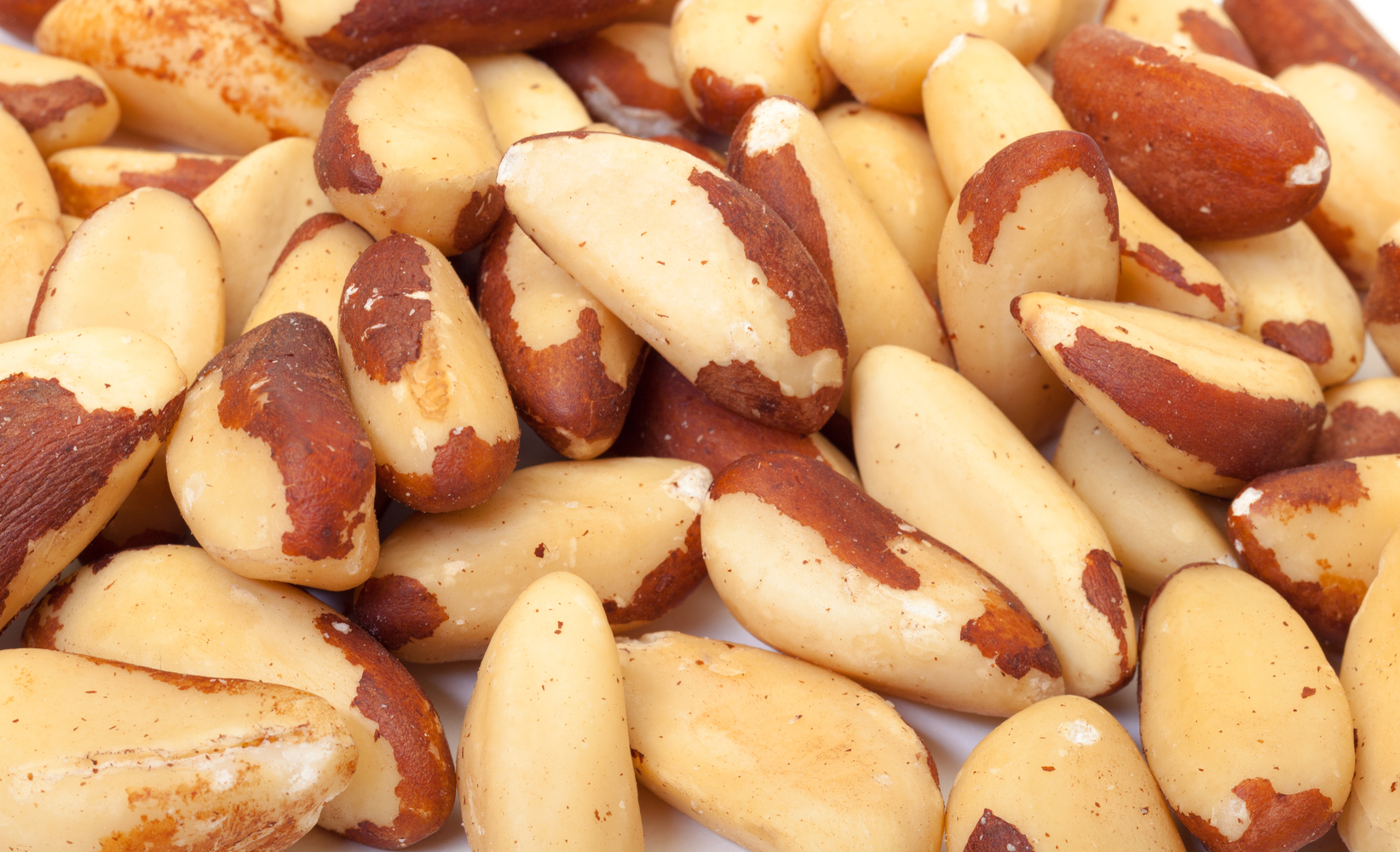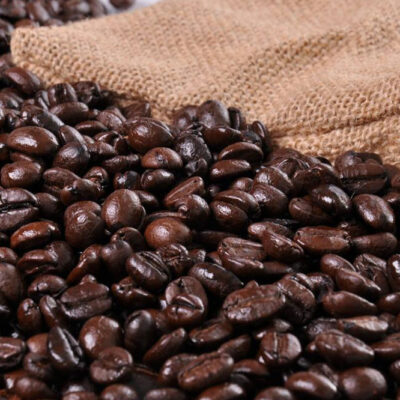
10 Foods to Help Ease Depressive Symptoms
Clinical depression is an acute form of depression that requires intervention from depression treatment facilities and multiple online therapy sessions. Early warning symptoms include sleep changes, irritability, sadness, and hopelessness. Prevention is better than cure; thus, eating healthy food will significantly lower the risk of clinical depression.
A healthy diet includes eating plenty of fruits, vegetables, food rich in omega-3s, and reducing intake of processed foods. Here are ten foods that help reduce depressive symptoms:
1. Oysters
Oysters are rich in vitamin B12 and omega-3 fatty acids, which help to reduce brain shrinkage and prevent depression. Indeed, the polyunsaturated fatty acids found in oysters are essential to reducing anxiety and suicidal thoughts. Additionally, oysters have other micronutrients, like zinc, which help control mood disorders.
2 .Eggs with the yolk
Egg yolk is rich in vitamin D, which helps brain function, reduces depression, and is associated with an elevated mood. Eggs also contain an amino acid called tryptophan, which is essential in creating serotonin, which helps the brain function and reduces anxiety, and helps in regulating sleep, mood, behavior, and memory.
3. Flaxseed
Flaxseeds are rich in the omega-3 fatty acids DHA and EPA, which lift the mood and fight depression. Moreover, the consumption of flaxseeds has been shown to aid in the production of serotonin, a neurotransmitter that improves mood. Flaxseeds also help increase the serum BDNF, which is known to help fight major depressive disorders.
4. Brazil nuts
It is known that nutrient deficiency will cause depression; thus, Brazil nuts, which are rich in selenium and help protect the body from free radicals, are an excellent addition to your diet. Selenium is also a powerful antioxidant, and antioxidants are known to fight inflammation in the brain that can cause depression.
5. Dark chocolate
Chocolate lowers depressive symptoms in both temporary and chronic sufferers. Nutrients in dark chocolate, like flavanols, improve mood and cognition, while acylethanolamines improve the feel-good factor and reduce anxiety. Other ingredients, like phenylethylamine, are known to increase the levels of “happy chemicals”, like serotonin and dopamine, in the brain.
6. Spinach and swiss chard
Spinach has antidepressant properties since it lowers blood corticosterone (CORT) levels and raises glutamate and glutamine levels in the medial prefrontal cortex (mPFC). Hence, spinach and swiss chard can reduce anxiety and help people feel calmer. Indeed, leafy green vegetables have nutrients like folate, vitamin K, beta carotene, and lutein, which improve brain power by slowing down cognitive decline.
7. Fermented foods
Fermented food has the effect of reducing social anxiety and improving happiness in some people. In particular, fermented, probiotic foods can improve mental health through the gut-brain axis. Studies have also shown that fermented foods had more effect in reducing depression in men.
8. Salmon
Salmon contains vast amounts of vitamin D and vitamin b12. Both of these nutrients help in making brain cell chemicals that affect mood. In fact, it’s already acknowledged that a deficiency of vitamin b12 can cause severe depression. In particular, vitamin B12 synthesizes serotonin, a neurotransmitter that regulates mood.
9. Cruciferous vegetables
Cruciferous vegetables, like kale, broccoli, and cauliflower, contain a phytochemical compound called sulforaphane. This compound improves mental health by treating and reversing depressive symptoms. The vegetables also help to dampen the inflammation associated with depression by reducing blood levels of IL-6.
10. Beans and lentils
Beans and lentils contain polyphenol, a powerful antioxidant that prevents inflammatory responses, as well as the omega-3 fatty acids EPA and DHA. Inflammation has been found to cause depression, as neuroinflammation impairs brain function and quality of life, so it is pretty clear that foods with anti-inflammatory elements can help combat depression.


